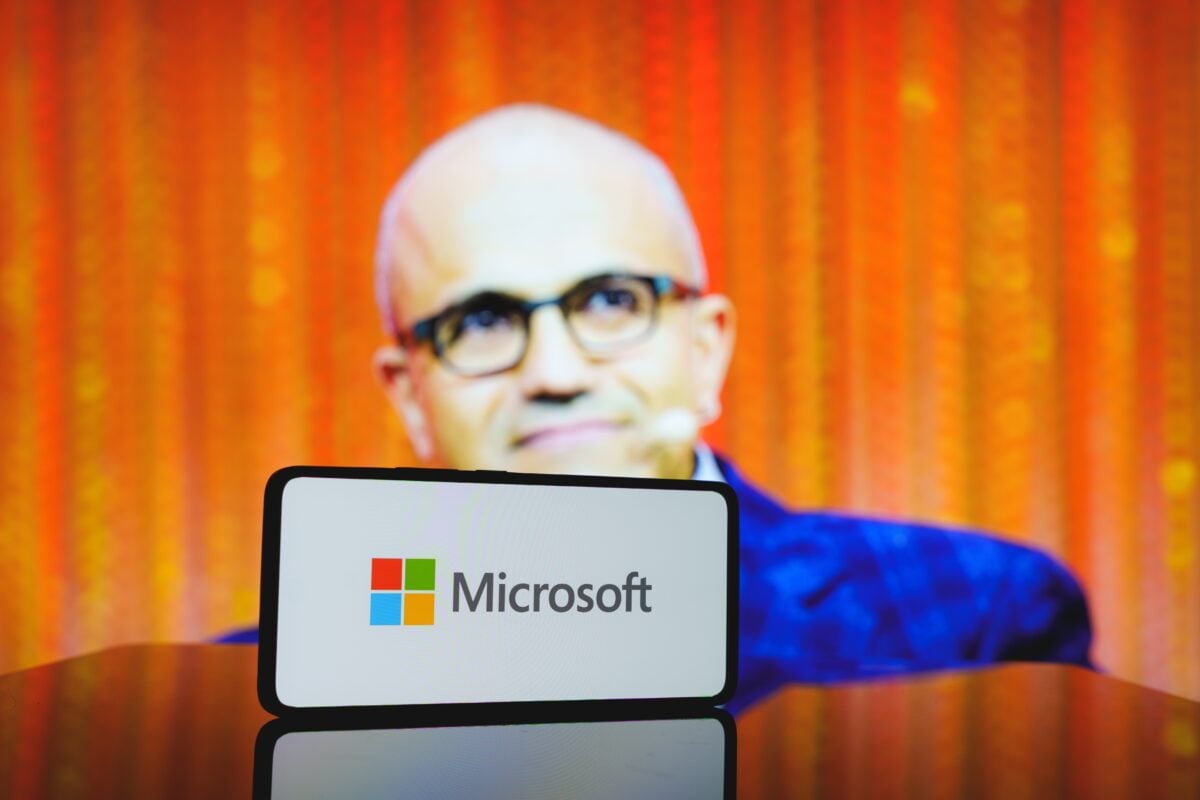TLDRs;
- Microsoft signs multi-year AI infrastructure deal with Nebius, starting operations from a new New Jersey data center.
- Nebius to finance expansion through Microsoft-backed cash flow and debt, demonstrating new AI infrastructure financing models.
- Hyperscalers like Microsoft increasingly outsource AI capacity to specialized firms as AI infrastructure spending tops $200 billion by 2028.
- Nebius targets 1 GW of power capacity by 2026, addressing critical AI energy bottlenecks while fueling global expansion.
Microsoft has signed a multi-year agreement with Amsterdam-based Nebius Group N.V., a Nasdaq-listed AI infrastructure provider backed by Nvidia and Accel, to expand its artificial intelligence (AI) data center capacity in the United States.
The deal will see Nebius supply AI infrastructure from a newly constructed data center in Vineland, New Jersey, scheduled to begin operations later this year.
This partnership highlights a growing trend among major cloud providers: outsourcing AI computing needs to specialized infrastructure companies rather than solely building and managing their own facilities.
Announcing a major new agreement with @Microsoft for AI infrastructure. This means significantly more aggressive growth of our AI cloud business in 2026.
We’ll deliver the capacity from our new data center in Vineland, NJ, starting late 2025. Read more: https://t.co/bTfWtp9Cfc
— Nebius (@nebiusai) September 8, 2025
Nebius Financing Powered by Microsoft Deal
According to its latest filings, Nebius will finance capital expenditures for the Microsoft deal using cash flow generated directly from the agreement, along with debt secured against the contract. The structure leverages Microsoft’s strong credit rating, allowing Nebius to expand faster than initially projected.
The company, which reported a staggering 625% year-over-year revenue growth in Q2 2025 with earnings of $105.1 million, expects its annualized run-rate revenue to reach between $900 million and $1.1 billion by the end of 2025.
Nebius says this financing model demonstrates how long-term contracts with hyperscalers can serve as collateral, providing a strong foundation for debt financing in capital-intensive industries like AI infrastructure.
Hyperscalers Turn to Specialized Providers
Microsoft’s collaboration with Nebius underscores a broader industry shift. Hyperscale providers such as Microsoft, Amazon, and Google increasingly rely on firms like Nebius and CoreWeave to meet rising AI demand without shouldering the full cost and complexity of building every data center in-house.
Industry analysts project that global AI infrastructure spending could surpass $200 billion by 2028, driven by rapid adoption of generative AI and large-scale model training. This outsourcing approach provides hyperscalers with flexibility, allowing them to scale quickly while transferring capital burdens to specialized partners.
Nebius, for its part, is working to secure over 1 GW of power by 2026 to support its global expansion plans. With AI workloads consuming up to four times more energy than traditional computing, power acquisition has become the central constraint in the AI infrastructure race.
Competitive Edge in a Power-Constrained Market
Beyond financing and infrastructure growth, Nebius is positioning itself to tackle the industry’s biggest bottleneck, energy. A recent survey of 120 data center executives revealed that power and grid capacity have overtaken real estate and construction costs as the top challenges for AI infrastructure providers.
By targeting 1 GW of power capacity, enough to supply roughly 750,000 homes, Nebius aims to gain a competitive edge in an increasingly constrained energy market. This scale will not only meet Microsoft’s growing AI compute requirements but also position Nebius as a critical global supplier of AI cloud infrastructure.
As Microsoft deepens its AI push with Nebius, the deal represents more than just a single data center project. It signals the acceleration of a new wave of financing models, partnerships, and infrastructure strategies that will define the AI economy in the years ahead.







